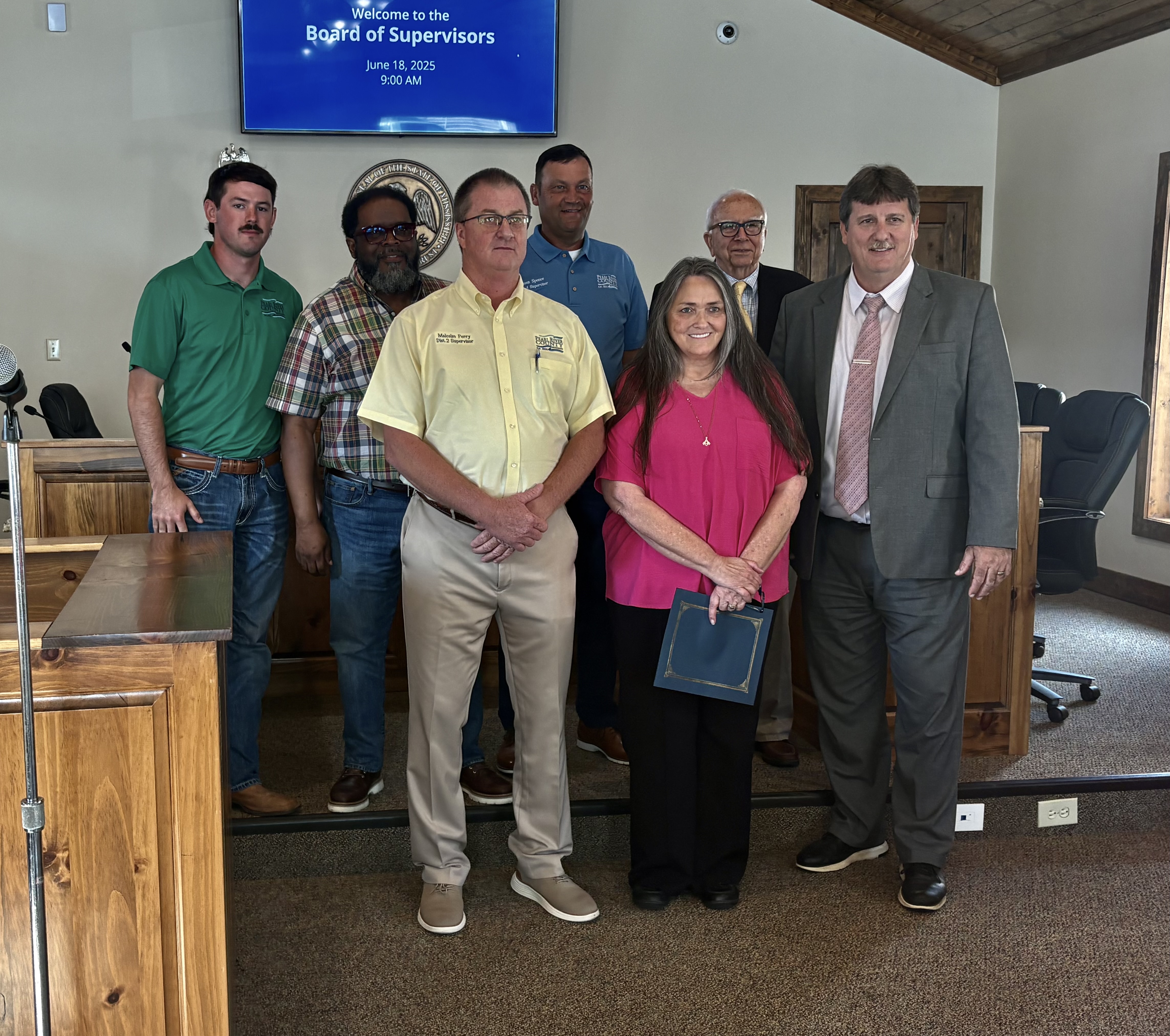ACLU: Mississippi alternative schools inadequate
Published 1:21 am Thursday, February 26, 2009
The alternative school system in Mississippi has largely failed to provide a quality education to its students and its poor design leaves many children drifting toward dropout or failure, an ACLU report says.
The American Civil Liberties Union on Tuesday released the report, which shows the state’s alternative schools have seen a 23 percent increase in students in the past four years.
Many of the alternative schools focus primarily on punishing and isolating troubled students rather than educating them, said Jamie Dycus, an ACLU attorney and author of the report. And he says the report proves the entire system needs refining.
“They are always going to aim at isolating misbehaving students, but the principle goal should be to provide mediation and rescue for kids who might drop out,” Dycus said.
The Mississippi Department of Education has taken steps toward improving the state’s dropout rate, but Dycus said the evidence “that we do have is not encouraging. It indicates that alternative schools might be actually pushing students to drop out.”
The ACLU says the report is the result of a yearlong research effort with interviews from students, parents, educators and advocates and an analysis of public records.
The state has 152 school districts.
Pete Smith, a spokesman for the state Department of Education, said he had not seen the report, but the agency’s goal is for alternative school students to “have a smooth transition back to the regular school setting.”
However, the report says the alternative school system disproportionately affects black students.
“They’re black. They’re mostly male. And they’re special needs students. Those were the top three categories for alternative school students,” said Nsombi Lambright, executive director of the ACLU of Mississippi.
Black students were twice as likely to be referred to an alternative school as white students, according to the report’s data from 2004-2005 and 2007-2008. The referral rate was four times higher for black students in Vicksburg, six times higher in Jackson and seven times more in Madison County, the ACLU said.
The research shows Mississippi is getting students with behavioral problems and learning disabilities “out of the way” and not doing enough to make sure they transition back to their old schools, Lambright said.
There are a few bright spots, she said. An alternative school in Hattiesburg was held up as a model for others to follow.
Cassundra Peyton-Brown, principal of Mary Bethune Alternative School, said her school has seen its transition rate improve from zero in 2005 to 34 this year, and it’s because of detailed planning, a passionate staff and parent involvement.
“Each one of our students … have an individual instructional plan. We include behavioral objectives. We include academic objectives and we include the various learning styles that will help them be productive when they return back to their regular environment,” Peyton-Brown said.
She said the key is to set “high expectations. If you set the bar high, people will come up to that standard. I’m not coming down.”
Peyton-Brown said her staff has bought into the school’s mission. But Lambright said there are some teachers who feel they were assigned to alternative schools as a punishment.
“We have anecdotal stories from teachers that say they were sent to the alternative schools because they did something wrong,” Lambright said. “Our argument is that these are the students who need the most help. They need the best teachers.”
“We weren’t able to talk to that many teachers because not that many teachers were comfortable talking with us about this,” Dycus said. “We do hope that this is not happening at some districts and obviously that’s a recipe for failure.”





